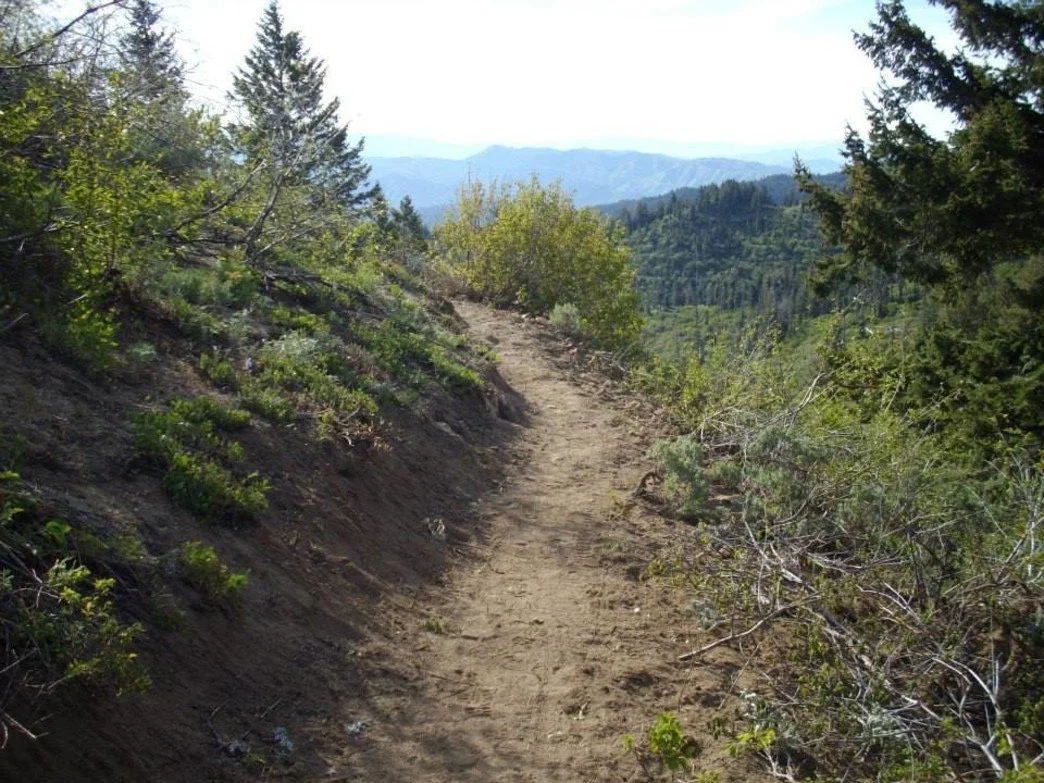Finding The Sacred Journey
/There are times when life is amplified in such a way you can’t help but hear it. There are times when even the blind see what’s going on. Such moments are gifts beyond measure and invite us all into the sacredness that surrounds us, if only we have ears to hear and eyes to see.
I am traveling abroad with a group of golfers, one of whom is an old student of mine. Since our days in school, much has happened in his life and mine. We came to the trip with scars and bruises which were both unique and alike. Like me, he carried the weight of regret that was, at times, paralyzing. Last night, our group had no plans, so he and I snuck away to attend a local twelve-step meeting. Wandering the twisty streets of the English town, we shared about our lives – not as teacher and student, but as fellow sojourners. We found the meeting and took our places in a pew where we heard words that were both familiar and new. Never could I have imagined God using my struggles and recovery in this life-giving way. Never did this student envision becoming a teacher.
Sitting here in a coffee shop the morning after, I marvel at what occurred last night. It was nothing we did, so much as what was done in, through, and around us. Yes, we made the effort to find a meeting, but what happened because of that effort had nothing to do with us. In an unforgettable way, I saw the miracle of “God doing for us what we could not do for ourselves,” as the Big Book says, or, to paraphrase Ephesians, I saw God working within us to accomplish abundantly far more than we could ask or imagine.
It seems the life of faith is about doing the next right thing and then letting God do the rest. It’s about showing up and then getting out of the way. In sharp contrast to a world that says it’s all about us and what we make happen, I think life is more about surrendering control and letting God do what God does best - redeems the world one life at a time.
When that happens, as it did last night, life becomes a sacred journey beyond our comprehension.

